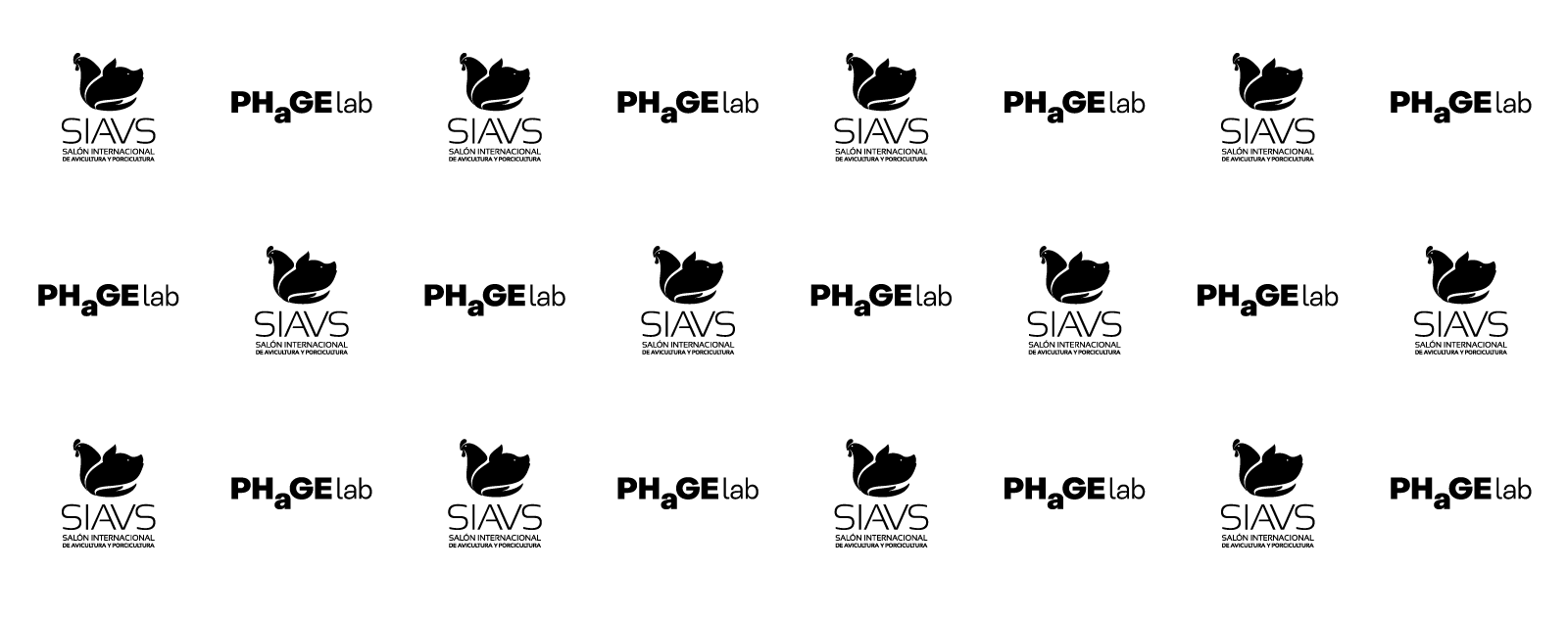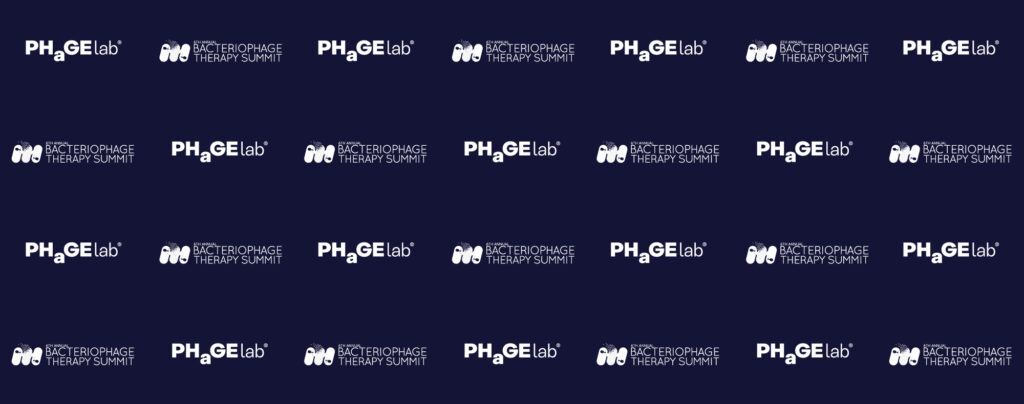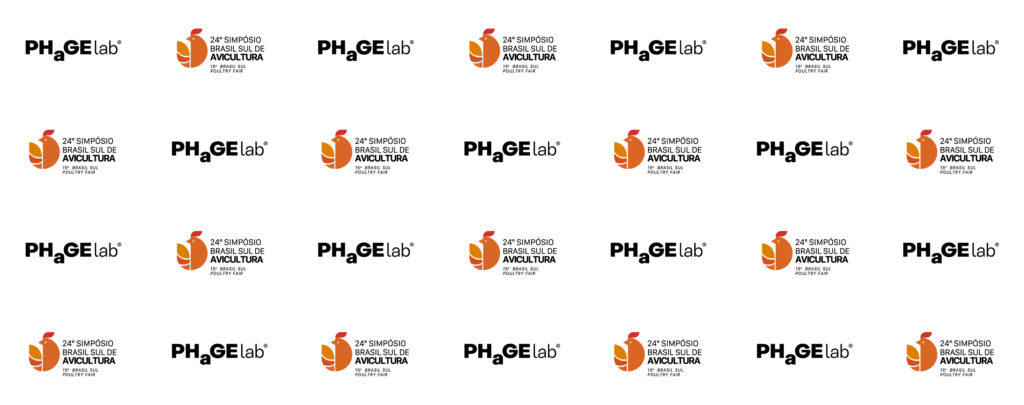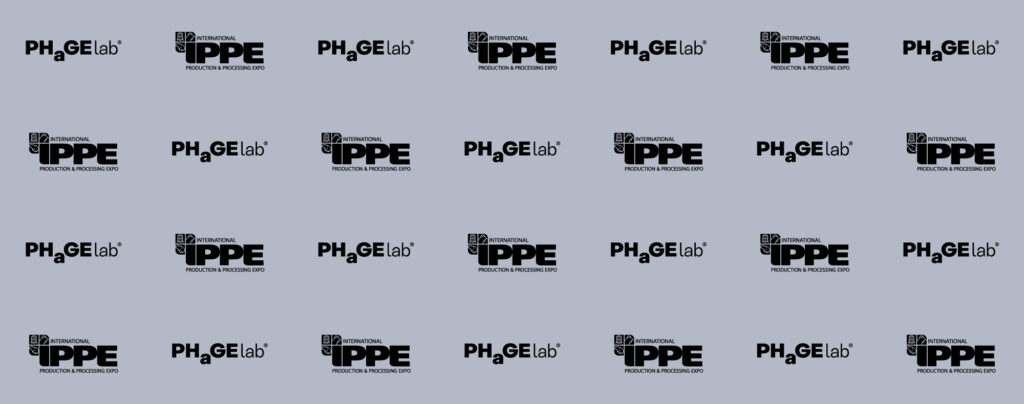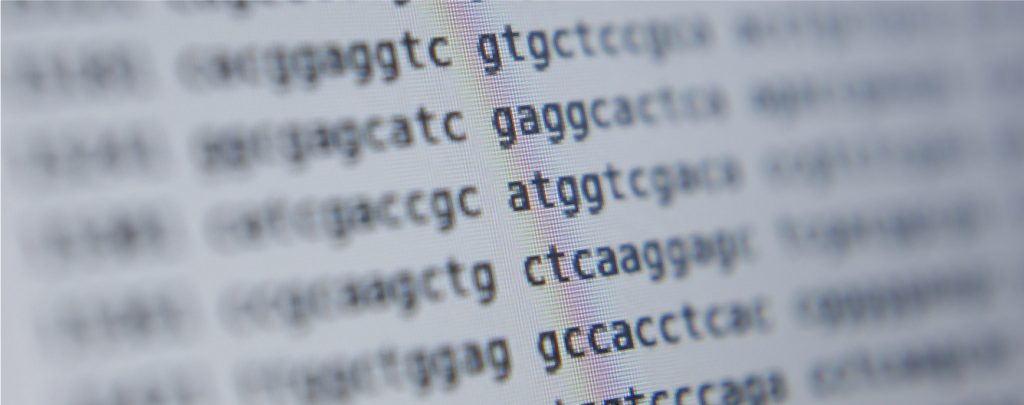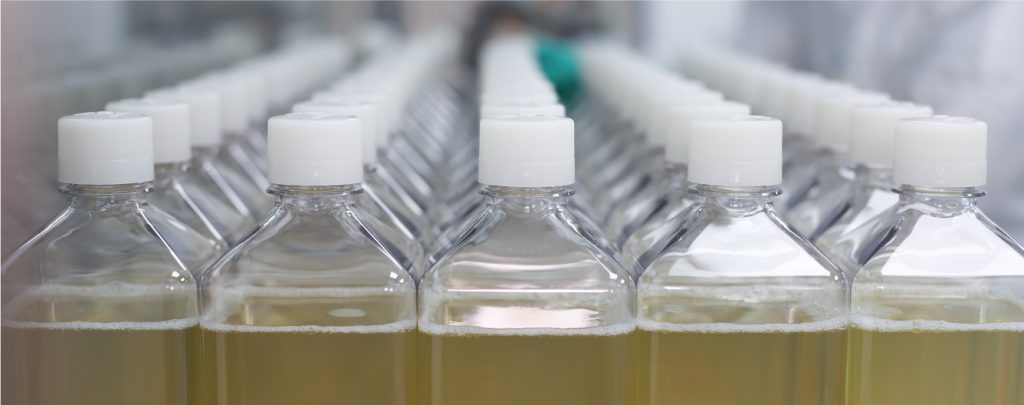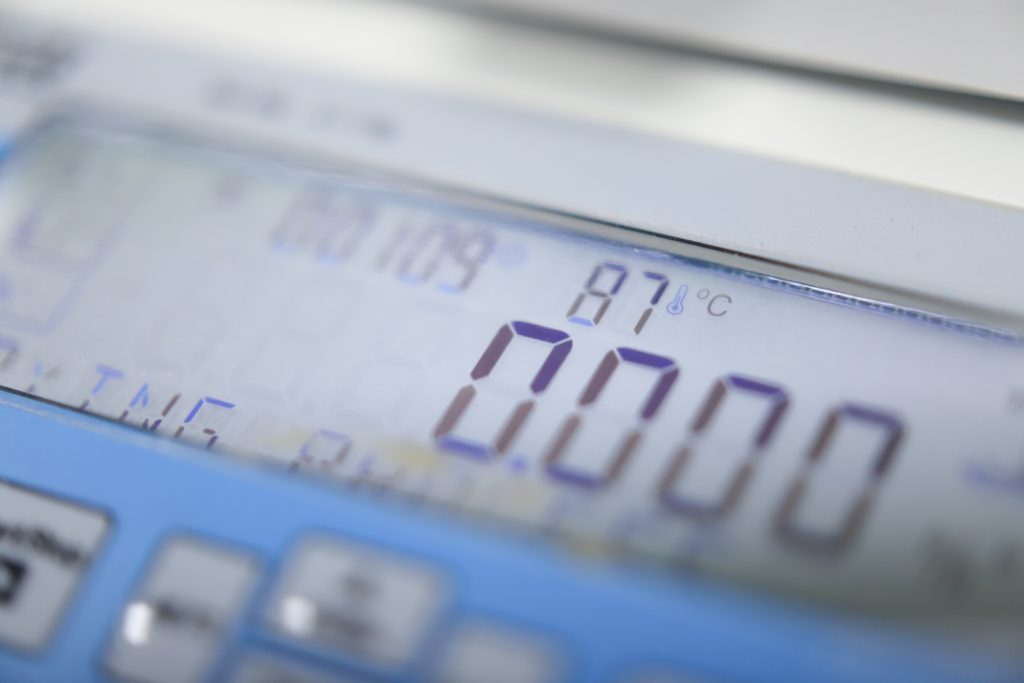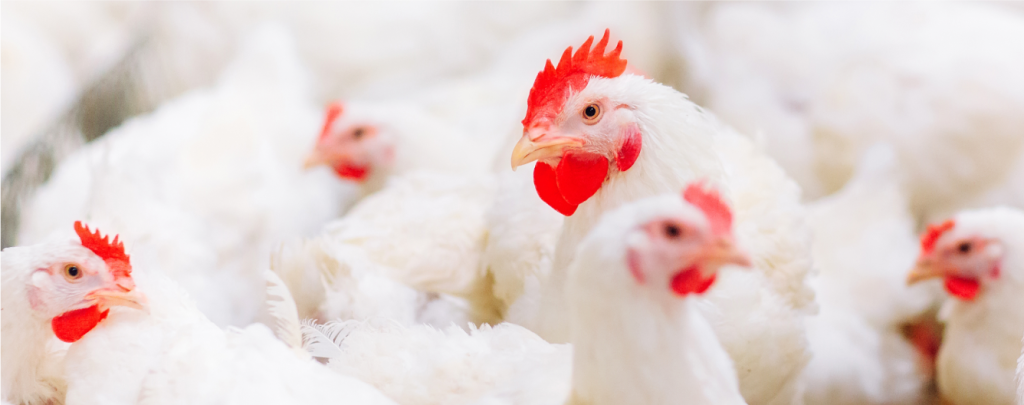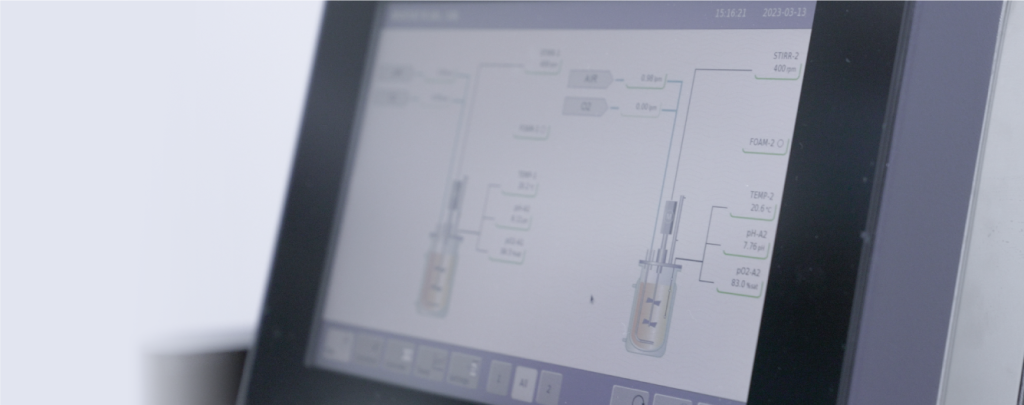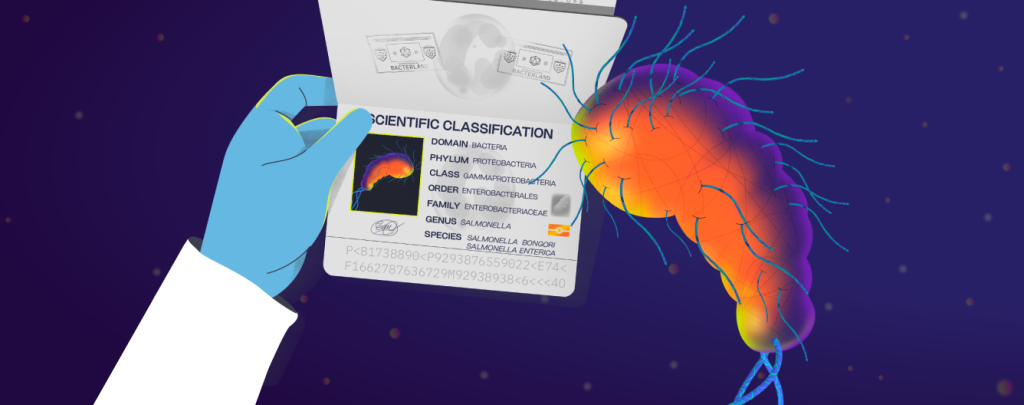By Diego Flores C. and Carlos Roeschmann D. *
On August 9th, 10th and 11th, the 2022 edition of SIAVS (International Poultry and Swine Farming Exhibition, in free translation) was held in São Paulo, Brazil. The event brought together the main actors of the poultry and pork production process in Brazil and also international participants, who were able to present their lines of development and points of view on the current challenges of the sector.
SIAVS 2022 confirmed the worldwide trend towards more sustainable production systems, able to meet consumer demand for higher quality products: waste free, produced under welfare standards and friendly to the environment. The conferences addressed topics such as farm-level management, animal welfare, marketing and prospects for animal protein markets, but the key and cross-cutting issue in all interventions was about the sustainability of production systems.
More sustainability and animal welfare
The sector faces growing demand to develop sustainable processes that promote the well-being of its animals. This pressure has its origin in a greater awareness and access to information on the part of the consumer on issues related to healthy eating, which translates into ensuring the safety of the food produced and in the tendency to choose products considered natural.
In this sense, production systems must face the challenge of eliminating the use of antibiotics as growth promoters and reducing their use in therapeutic doses. However, it was pointed out that the elimination of these molecules without adequate replacement translates into negative consequences on the health of the animals, promoting the appearance of previously controlled pathogens and negatively impacting the productivity of the animals.
Biosafety and alternatives to antibiotics
For producers, it is important to reach their customers with the highest quality product, which implies being free of foodborne pathogens; Infectious agent control efforts must include biosecurity plans in all production processes, handling and waste management, an adequate vaccination plan and an efficient alternative to the use of antibiotics.
Overuse of antibiotics is a threat to producers’ desire for sustainability. The management of production systems is multifactorial, but undoubtedly includes the replacement of these molecules by alternatives that allow the maintenance of good intestinal health, which in turn determines the control of pathogens, such as Salmonella spp. or Campylobacter spp., and more productive poultry.
Exhibitors highlighted that this is a key moment for the inclusion of antibiotic options. As the restrictions are still partial, there is a window of time that producers should take advantage of to evaluate alternatives, such as bacteriophages, and mixed uses that lead to a reduction in the use of antibiotics and their long-term elimination.
*Diego Flores C. is a veterinarian specialized in Veterinary Epidemiology and Carlos Roeschmann D. veterinarian specialized in Animal Reproduction. Both work at PhageLab in Santiago, Chile.
